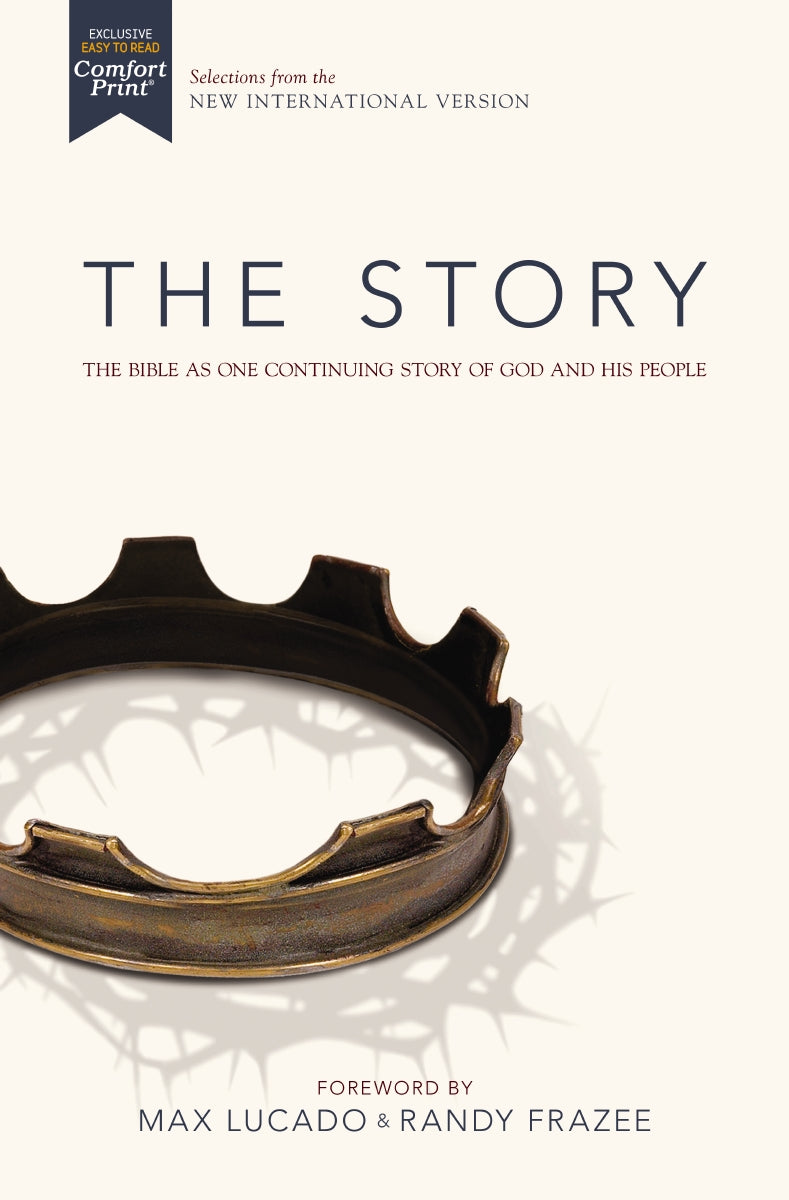1 Chronicles 20:1
New International Version
The Capture of Rabbah(A)
20 In the spring, at the time when kings go off to war, Joab led out the armed forces. He laid waste the land of the Ammonites and went to Rabbah(B) and besieged it, but David remained in Jerusalem. Joab attacked Rabbah and left it in ruins.(C)
2 Samuel 11:1
New International Version
David and Bathsheba
11 In the spring,(A) at the time when kings go off to war, David sent Joab(B) out with the king’s men and the whole Israelite army.(C) They destroyed the Ammonites and besieged Rabbah.(D) But David remained in Jerusalem.
Amos 1:14
New International Version
2 Samuel 12:26-31
New International Version
26 Meanwhile Joab fought against Rabbah(A) of the Ammonites and captured the royal citadel. 27 Joab then sent messengers to David, saying, “I have fought against Rabbah and taken its water supply. 28 Now muster the rest of the troops and besiege the city and capture it. Otherwise I will take the city, and it will be named after me.”
29 So David mustered the entire army and went to Rabbah, and attacked and captured it. 30 David took the crown(B) from their king’s[a] head, and it was placed on his own head. It weighed a talent[b] of gold, and it was set with precious stones. David took a great quantity of plunder from the city 31 and brought out the people who were there, consigning them to labor with saws and with iron picks and axes, and he made them work at brickmaking.[c] David did this to all the Ammonite(C) towns. Then he and his entire army returned to Jerusalem.
Footnotes
- 2 Samuel 12:30 Or from Milkom’s (that is, Molek’s)
- 2 Samuel 12:30 That is, about 75 pounds or about 34 kilograms
- 2 Samuel 12:31 The meaning of the Hebrew for this clause is uncertain.
Deuteronomy 3:11
New International Version
11 (Og king of Bashan was the last of the Rephaites.(A) His bed was decorated with iron and was more than nine cubits long and four cubits wide.[a] It is still in Rabbah(B) of the Ammonites.)
Footnotes
- Deuteronomy 3:11 That is, about 14 feet long and 6 feet wide or about 4 meters long and 1.8 meters wide
Ezekiel 25:5
New International Version
5 I will turn Rabbah(A) into a pasture for camels and Ammon into a resting place for sheep.(B) Then you will know that I am the Lord.
Ezekiel 21:20
New International Version
20 Mark out one road for the sword to come against Rabbah of the Ammonites(A) and another against Judah and fortified Jerusalem.
Jeremiah 49:2-3
New International Version
2 But the days are coming,”
declares the Lord,
“when I will sound the battle cry(A)
against Rabbah(B) of the Ammonites;
it will become a mound of ruins,(C)
and its surrounding villages will be set on fire.
Then Israel will drive out
those who drove her out,(D)”
says the Lord.
3 “Wail, Heshbon,(E) for Ai(F) is destroyed!
Cry out, you inhabitants of Rabbah!
Put on sackcloth(G) and mourn;
rush here and there inside the walls,
for Molek(H) will go into exile,(I)
together with his priests and officials.
Isaiah 54:16
New International Version
Isaiah 6:11
New International Version
11 Then I said, “For how long, Lord?”(A)
And he answered:
2 Kings 13:20
New International Version
20 Elisha died and was buried.
Now Moabite raiders(A) used to enter the country every spring.
1 Kings 20:26
New International Version
26 The next spring(A) Ben-Hadad mustered the Arameans and went up to Aphek(B) to fight against Israel.
1 Kings 20:22
New International Version
22 Afterward, the prophet(A) came to the king of Israel and said, “Strengthen your position and see what must be done, because next spring(B) the king of Aram will attack you again.”
2 Samuel 11:16-25
New International Version
16 So while Joab had the city under siege, he put Uriah at a place where he knew the strongest defenders were. 17 When the men of the city came out and fought against Joab, some of the men in David’s army fell; moreover, Uriah the Hittite died.
18 Joab sent David a full account of the battle. 19 He instructed the messenger: “When you have finished giving the king this account of the battle, 20 the king’s anger may flare up, and he may ask you, ‘Why did you get so close to the city to fight? Didn’t you know they would shoot arrows from the wall? 21 Who killed Abimelek(A) son of Jerub-Besheth[a]? Didn’t a woman drop an upper millstone on him from the wall,(B) so that he died in Thebez? Why did you get so close to the wall?’ If he asks you this, then say to him, ‘Moreover, your servant Uriah the Hittite is dead.’”
22 The messenger set out, and when he arrived he told David everything Joab had sent him to say. 23 The messenger said to David, “The men overpowered us and came out against us in the open, but we drove them back to the entrance of the city gate. 24 Then the archers shot arrows at your servants from the wall, and some of the king’s men died. Moreover, your servant Uriah the Hittite is dead.”
25 David told the messenger, “Say this to Joab: ‘Don’t let this upset you; the sword devours one as well as another. Press the attack against the city and destroy it.’ Say this to encourage Joab.”
Footnotes
- 2 Samuel 11:21 Also known as Jerub-Baal (that is, Gideon)
Holy Bible, New International Version®, NIV® Copyright ©1973, 1978, 1984, 2011 by Biblica, Inc.® Used by permission. All rights reserved worldwide.
NIV Reverse Interlinear Bible: English to Hebrew and English to Greek. Copyright © 2019 by Zondervan.
Bible Gateway Recommends






